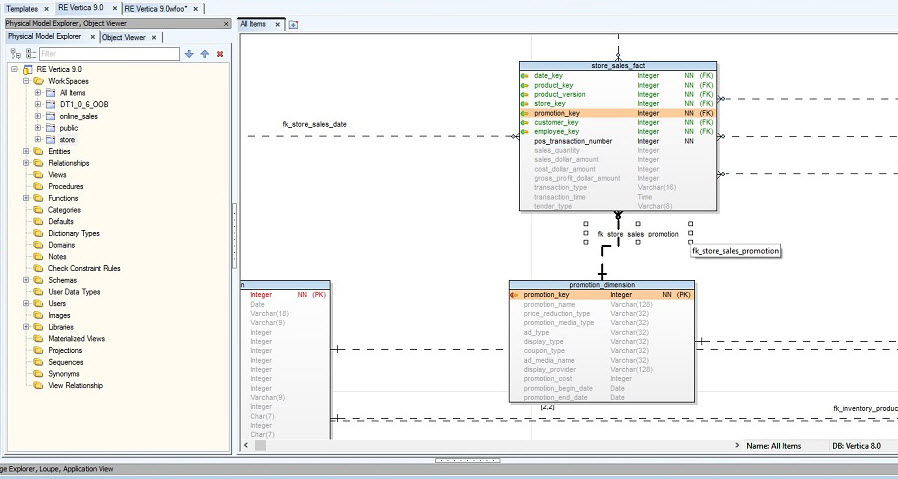

For example, the height of Mount Everest is generally considered data.

Knowledge is the understanding based on extensive experience dealing with information on a subject. The amount of information contained in a data stream may be characterized by its Shannon entropy. One can say that the extent to which a set of data is informative to someone depends on the extent to which it is unexpected by that person. According to a common view, data are collected and analyzed data only becomes information suitable for making decisions once it has been analyzed in some fashion. ĭata, information, knowledge, and wisdom are closely related concepts, but each has its role concerning the other, and each term has its meaning. Experimental data is data that is generated within the context of a scientific investigation by observation and recording.ĭata has been described as the new oil of the digital economy. Field data is raw data that is collected in an uncontrolled " in situ" environment. Data processing commonly occurs by stages, and the "processed data" from one stage may be considered the "raw data" of the next stage. Raw data needs to be corrected to remove outliers or obvious instrument or data entry errors (e.g., a thermometer reading from an outdoor Arctic location recording a tropical temperature). Raw data ("unprocessed data") is a collection of numbers or characters before it has been "cleaned" and corrected by researchers. Data as a general concept refers to the fact that some existing information or knowledge is represented or coded in some form suitable for better usage or processing. Data are used in scientific research, businesses management (e.g., sales data, revenue, profits, stock price), finance, governance (e.g., crime rates, unemployment rates, literacy rates), and in virtually every other form of human organizational activity (e.g., censuses of the number of homeless people by non-profit organizations).ĭata are measured, collected, reported, and analyzed, and used to create data visualizations such as graphs, tables or images. However, in academic treatments of the subject data are simply units of information. In some popular publications, data are sometimes said to be transformed into information when they are viewed in context or in post-analysis. Īlthough the terms "data" and "information" are often used interchangeably, this term has distinct meanings. In a more technical sense, data are a set of values of qualitative or quantitative variables about one or more persons or objects, while a datum (singular of data) is a single value of a single variable. Data ( US: / ˈ d æ ˈ t ə/ UK: / ˈ d eɪ ˈ t ə/) are individual facts, statistics, or items of information, often numeric.


 0 kommentar(er)
0 kommentar(er)
